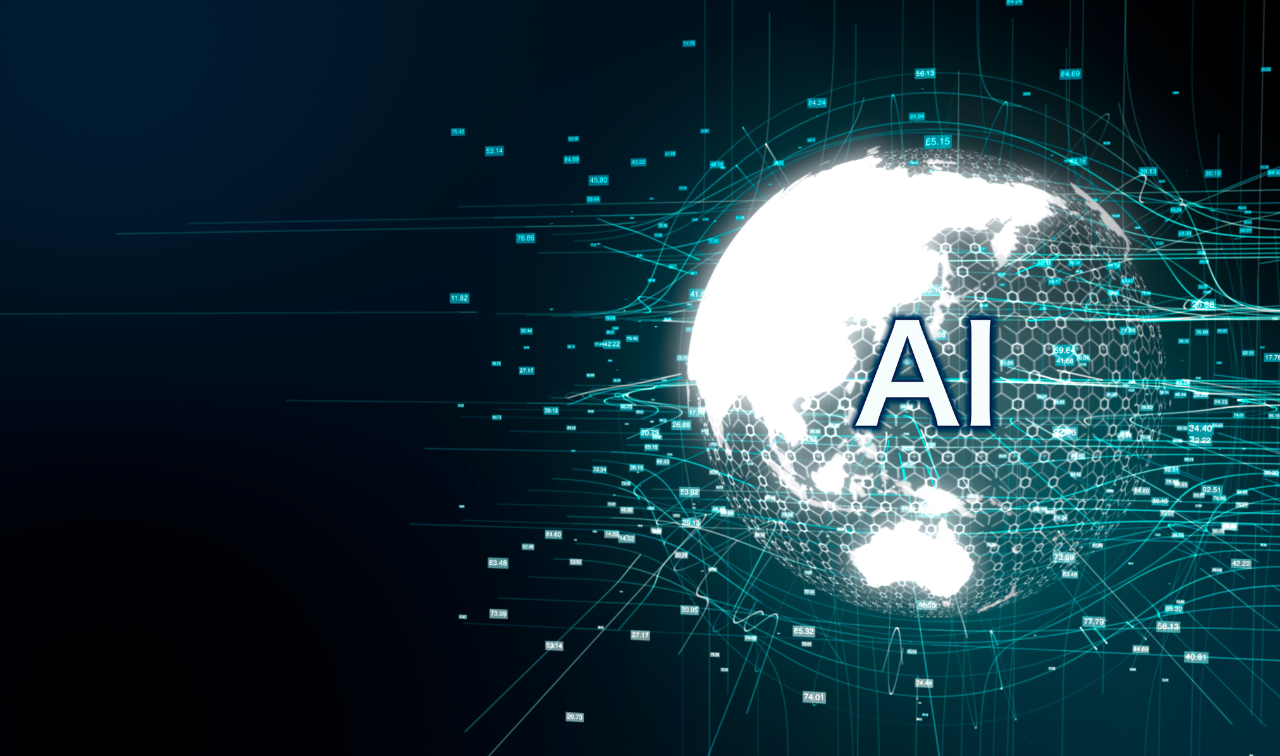EU Parliament approves AI Act: what you need to know2 min read
In a monumental decision, the European Union has, on Wednesday, March 13, 2024, approved regulations for artificial intelligence, establishing a significant global standard for AI governance.
Overview: The EU’s AI Act
The EU’s AI Act, receiving final approval from the European Parliament, establishes a comprehensive framework for regulating AI technologies based on their potential risks and societal impact. High-risk AI systems, including those used in critical infrastructure and medical devices, will face rigorous regulations, including risk assessment, data transparency, and human oversight.
Implementation and Enforcement
The AI Act is set to become law in May, pending approval from EU member states, with full implementation expected by mid-2026. EU member states will establish AI watchdog agencies to ensure compliance, with fines of up to $38 million or 7% of global revenue for violations. This stringent approach underscores the EU’s commitment to transparency, accountability, and the protection of citizens’ rights in the AI era.
Global Implications and Future Outlook
The EU’s regulatory stance reflects global concerns over AI’s rapid development, echoing similar efforts in the United States to address AI risks. As the EU paves the way for AI governance, it sets an example for global regulation, balancing innovation with ethical and societal considerations. This landmark decision marks a significant milestone in shaping the future of artificial intelligence on a global scale.
Contents.com Humble Opinion
We believe it’s crucial to commend the European Union’s proactive and progressive stance on AI. While some may view it as regressive, we perceive it as bold, innovative, and forward-thinking. The recent enactment of the AI Act in Europe signifies a monumental shift in AI regulation, marking a pivotal moment for the industry. At Contents.com, we fully embrace this development as it aligns with our vision of a future where AI seamlessly integrates with human genius. We see this as a pivotal step towards shaping a more ethical and promising tomorrow. Moreover, we firmly advocate for precise regulation and are dedicated to upholding ethical AI practices.




